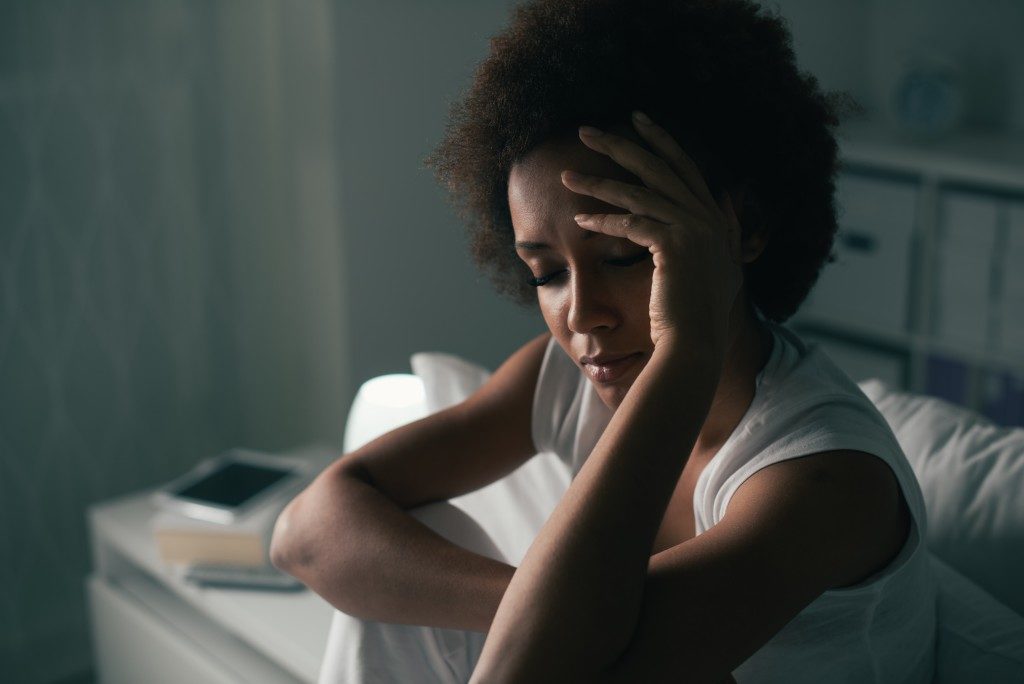It has been almost two years since a pandemic has been declared by the World Health Organization. While effective vaccines have been available to the majority of countries, the public health crisis is far from over.
Now, new variants have emerged and cases are once again exploding in a lot of parts of the globe. Even countries that have initially evaded the wrath of the pandemic such as Vietnam and New Zealand are now struggling with rising positive number of patients.
But studies are ongoing. It has been a while since a novel virus that causes respiratory symptoms was detected in Wuhan, China. Scientists know a lot about the virus and how it spreads. However, there’s also still a lot that they don’t know.
Here are a few examples.
How Many Boosters Do We Need?
When Pfizer, Moderna, Astrazeneca, and other drug makers announced the success of clinical trials for vaccines against COVID-19, many felt more hopeful that normalcy will return and social distancing, masking, and fear of infection will end. For a while, it seemed that society was ready to put the pandemic behind. Restaurants reopened to diners. Theaters are playing movies again. Schools have welcomed students to classrooms once more.
As cases skyrocketed and outbreaks spread, the global public health officials again sent out warnings regarding COVID-19, urging people to avoid close contact with people who are sick and stay home if they feel ill.
A booster was administered to provide better protection against variants of the virus, but another one – one that’s more specific to the new threat Omicron — is being discussed once again. A fourth shot was already administered in Israel. The U.S. could soon follow suit.
COVID-19 vaccines underwent clinical trials. This determined the safety and efficacy of the drug against the virus. However, more boosters might be needed in the future.
How Long Does Immunity Last?
This is also a question that will take a while to get answers. It is well-known that seasonal flu vaccines provide much shorter protection, often only lasting about six months.
This led to concerns that immunity will not last long enough against new variants of COVID-19. Will the booster have an effect on how long immunity will last? No one can say for sure.
Why Does Long-COVID Happen?
A lot of people have been asking this question. Scientists have found that a significant portion of those who have caught the virus continue to experience symptoms such as fatigue, shortness of breath, rapid heartbeat, and brain fog months after they initially tested positive. Even if they have recovered, the symptoms doesn’t go away.
No one knows why it happens. Who will get long-COVID and who will be spared is another big mystery.
More research is necessary to fully understand long-COVID. There’s currently no cure for it, only treatments that address lingering symptoms. There’s also no way to prevent it. Although vaccines reduce a person’s risk of catching the virus, it doesn’t really help avoid long-COVID.
How Did COVID-19 Came to Be?
This is still the biggest mystery of the pandemic. Where did COVID-19 really originate, and how did it start spreading from person to person?
Public health experts are struggling to find the answers, especially without the cooperation of China. Many conspiracy theorists have pop up, including the possible lab origins of the infectious and deadly virus. Scientists, however, believe that it could be an airborne strain that started with an animal, particularly a bat or a pangolin.
When Will the Pandemic End?

This is the question that everyone wants answered. When will the pandemic end? When will things go back to normal?
Not even experts can give an exact date, but they know the things that needs to happen before they announce the end of the pandemic. This includes a decrease in the number of new cases being reported, a decrease in the number of people dying from COVID-19, the development of a vaccine or cure for COVID-19, the global population gaining immunity against COVID-19, and the resumption of normal activities and life routines.
The “when” part, however, is something that people will have to wait for to answer. The 1918 flu pandemic, which also killed millions of people, only lasted for 18 months. Historically, pandemics end after two or three years. With COVID-19 still ongoing, we can only speculate how long will it last.
We still have much to learn about COVID-19. In the meantime, we should all take precautions to reduce our risk of exposure to COVID-19. Wash your hands frequently, avoid close contact with people who are sick, and stay home if you are feeling ill.


